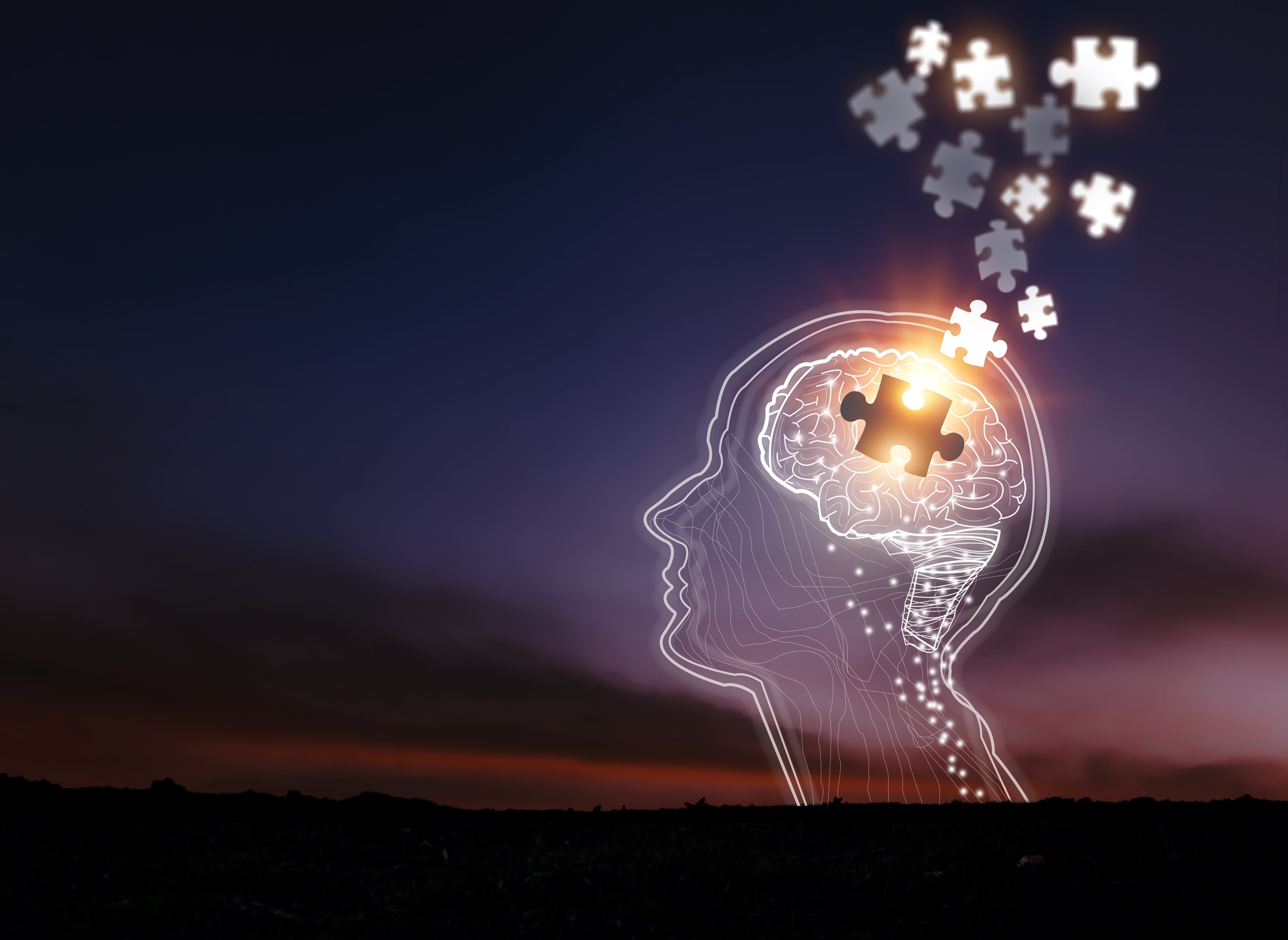We all know that getting physical exercise is important for maintaining good health. But what can we do to maintain a healthy brain? In a world that constantly challenges our cognitive capacities, the timeless allure of jigsaw puzzling emerges as not just a leisurely pursuit but also a powerful exercise for the mind.
Recent research has delved into the cognitive benefits of this age-old pastime, providing compelling evidence that piecing together puzzles can significantly enhance cognitive function. In this blog post, we'll explore scientific findings from recent studies that shed light on how jigsaw puzzling acts as a mind gym, strengthening and sharpening our mental faculties.
Spatial Reasoning and Problem-Solving
Recent research from the University of Michigan, published in Psychological Science (Park et al., 2014), indicates that activities like jigsaw puzzling, which require spatial reasoning and problem-solving, contribute to improved cognitive function. The study emphasizes that sustained engagement in such activities promotes the formation of new neural connections, enhancing overall cognitive capabilities.
Memory Enhancement
Jigsaw puzzling engages our working memory as we mentally manipulate and recall the shapes and colors of puzzle pieces. A study from the University of Waterloo, published in Applied Cognitive Psychology (Salman, et al., 2020), found that engaging in puzzle activities positively impacted memory recall and retention. Participants who regularly solved puzzles exhibited improved short-term memory skills compared to their non-puzzling counterparts.
Executive Function and Attention to Detail
Jigsaw puzzling requires a high degree of attention to detail and the ability to switch between different tasks. A study published in the Journal of Experimental Psychology: Human Perception and Performance (Borragán, et al., 2021) revealed that regular engagement in complex activities, such as jigsaw puzzling, positively impacted executive function and the ability to pay attention to details.
Neuroplasticity and Cognitive Reserve
The concept of neuroplasticity suggests that the brain has the ability to reorganize and form new neural connections throughout life. Engaging in mentally stimulating activities, including jigsaw puzzling, contributes to the concept of cognitive reserve. A recent study published in Frontiers in Aging Neuroscience (Stern, 2022) highlights the role of cognitive reserve—your brain’s ability to improvise and cope with challenges. This is important in protecting against cognitive decline and age-related diseases.
Conclusion
As we navigate an increasingly complex world, the simple act of solving jigsaw puzzles has emerged as a powerful tool for giving your brain the regular exercise it needs. Puzzling—as we like to call it—increases your ability to problem solve, enhances memory, improves executive function, increases your ability to stay focused, and helps stave off cognitive decline.
In other words, doing jigsaw puzzles is healthy exercise for your brain. Science is showing that problem solving activities such as puzzling can actually rewire your brain to function more effectively and remain vital longer.
Our advice is to make sure you get plenty of brain exercise. And what better way to do it than puzzling.
Sources:
Borragán, G., Slama, H., & Lemoine, P. (2021). Cognitive flexibility enhancement in older adults: Intervention effects and optimization. Journal of Experimental Psychology: Human Perception and Performance, 47(1), 1-19.
Park, D. C., Lodi-Smith, J., Drew, L., Haber, S., Hebrank, A., Bischof, G. N., & Aamodt, W. (2014). The impact of sustained engagement on cognitive function in older adults: The synapse project. Psychological Science, 25(1), 103-112.
Salman, H., Voyer, D., Voyer, S., & Bryant, F. B. (2020). The impact of puzzle-solving on memory performance in younger and older adults. Applied Cognitive Psychology, 34(6), 1349-1359.
Stern, Y. (2022). Cognitive reserve in ageing and Alzheimer's disease. Frontiers in Aging Neuroscience, 13, 725956.



Share:
QUALITY: Shaping a Better Puzzle Experience
1 comment
An insightful and thought-provoking piece that invites deeper reflection.